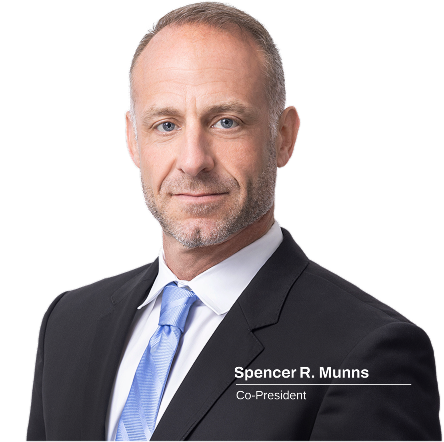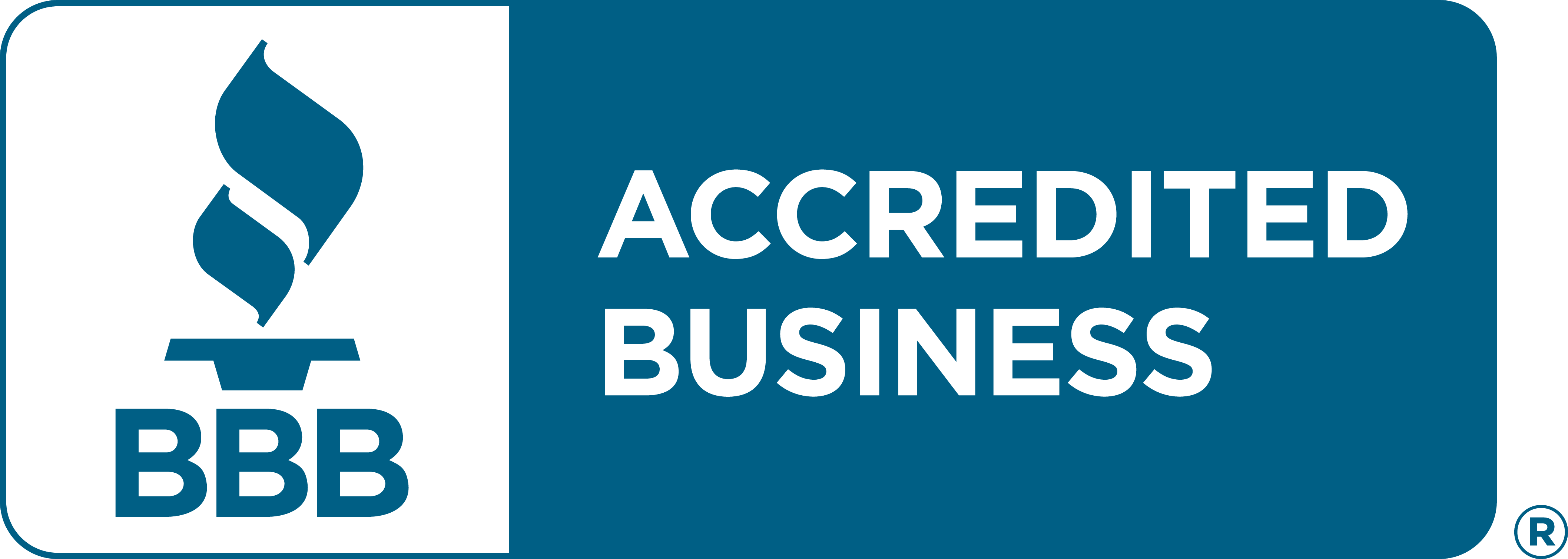
If you are facing a mountain of debt or substantial financial pressures, the protections of the Bankruptcy Code could help provide the relief you need. If you are considering bankruptcy, let our Leesburg commercial law lawyer from Bogin, Munns & Munns evaluate your case.
By reviewing your finances and discussing your priorities, our team could advise you on if bankruptcy might be the answer to your problems.
How a Leesburg Bankruptcy Discharge Could Change Your Life for the Better
Usually, the ultimate goal of filing for bankruptcy is the discharge of one’s debts. The bankruptcy discharge comes at the end of the case when all requirements under the law have been met by the debtor.
According to the United States Courts, the bankruptcy discharge releases a filer from any personal liability to the discharged debts, so they are no longer obligated to pay the principal or interest on these debts.
A bankruptcy discharge is permanent, meaning it completely forecloses on a creditor’s ability to pursue a specific debt. Not only does the debtor no longer owe the debt, but also the plaintiff is barred from any effort to collect on these bills in the future.
A bankruptcy discharge is not a magic bullet that will eliminate every aspect of your debts, however. There are many different types of debt that cannot be discharged through bankruptcy. The most common examples include student loans, spousal support obligations, or back taxes.
Leesburg Bankruptcy Cases Can Have Different Timelines and Outcomes
The timing of the discharge can vary depending on the type of bankruptcy case. Chapter 7 bankruptcies are typically the shortest, as they are often resolved within several months to a year. A discharge for a Chapter 13 case, on the other hand, could take as many as six years to obtain.
It is also possible that an objection to discharge could stop a debtor from obtaining a discharge or at least delay the process somewhat. An objection to discharge could come from a creditor or the trustee overseeing the case.
It will be up to the court to address the challenge and determine if a discharge is lawful. In some cases, the court can bar a debtor from ever obtaining a discharge in their bankruptcy case.
To consult with an experienced bankruptcy lawyer serving Leesburg
(855) 780-9986
Our Lawyers Can Figure Out Which Bankruptcy Chapter Is Right for You
Chapter 7 bankruptcy, also known as liquidation bankruptcy, allows individuals and businesses to discharge most unsecured debts, such as credit card debt and medical bills. While it can offer significant relief, there are some factors you should consider.
- Eligibility: Individuals and businesses can apply, but they must pass a means test to prove insufficient income to repay debts. Additionally, if individuals have prior bankruptcies, they must wait 8 years after a previous Chapter 7 filing.
- Benefits: This chapter provides a fresh financial start for debtors, and the process is typically completed in 3-6 months. An automatic stay stops most collection actions against the debtor.
- Possible Issues: It’s possible that you will lose non-exempt assets, in order to repay creditors. Additionally, this chapter of bankruptcy stays on your credit report for up to 10 years, impacting creditworthiness. Additionally, you cannot discharge all of your debts through this method. If student loans and child support are causing your financial issues, this may not be the right solution for you.
You can also file under Chapter 13 for bankruptcy. Our Leesburg bankruptcy attorneys can help you examine your options and choose the right option for your needs.
Is Appearing in Leesburg Bankruptcy Court Mandatory?
While no two bankruptcy debtors are exactly the same, one common concern among potential filers is the possibility of appearing in court. For those individuals unfamiliar with the court system, the prospect of appearing in court or testifying at a hearing could be enough to convince them to avoid bankruptcy entirely. A bankruptcy lawyer in Leesburg with our team could help you avoid going to court at any point in your case.
Most of the court hearings that come with a bankruptcy case are not mandatory as long as you have legal counsel there to represent your interests. With the right attorney advocating for you, you could avoid attending most or all of the hearings in your bankruptcy case.
Some exceptions might call for your appearance in court. If your case involves litigation, known as an adversarial proceeding, you might be required by the court to testify. These proceedings are rare, and your attorney could advise you on the likelihood of an adversary proceeding in your case.
Leesburg Bankruptcy Lawyer Near Me
(855) 780-9986
The Meeting of Creditors for Bankruptcy Applicants
There is one appearance that is mandatory for all debtors, but it does not occur in court. This proceeding is known as the meeting of creditors. Also commonly referred to as a 341 hearing, the meeting of creditors is mandatory according to the Legal Information Institute (LII)—hence its informal name.
The meeting of creditors exists to provide creditors an opportunity to ask any questions they might have regarding your finances or other debt obligations. However, the specific rules related to these hearings result in very few creditors ever appearing at them. Creditors are limited to the questions they can ask, and most of their queries can be answered through a careful review of your bankruptcy petition.
The Meeting of the Creditors is Usually Informal
One party will always be at your meeting of creditors: the bankruptcy trustee. In fact, the bankruptcy trustee will not only set the time and place of your meeting, but they will also oversee the meeting itself.
These meetings are not formal court hearings. A judge is never present, and the hearing takes place somewhere other than a courtroom within the federal courthouse.
Most of the time, the meeting of creditors is an informal sit-down where the bankruptcy trustee asks some follow-up questions regarding your finances.
Typically, the trustee will ask about questions that are left unanswered by your petition and the supporting documentation you have attached. While the line of questioning could be part of the trustee’s effort to build a case for blocking your discharge, most of the time, the questions are mundane.
The meeting of creditors might not be a formal proceeding in court, but your legal rights remain intact during the course of the meeting. This means you have the right to bring legal counsel to your hearing. Your attorney could advise you on what to expect and provide you with guidance in the unusual case where the trustee’s line of questioning is inappropriate.
Talk about the Benefits of Filing for Bankruptcy with an Attorney on Our Team
Whether or not to file for bankruptcy is a big decision. While many people are concerned about the short-term impact filing can have on a credit score, the reality is that your long-term financial picture is likely to improve dramatically after you file.
The team at Bogin, Munns & Munns is prepared to help you pursue the fresh financial start you deserve. Before you file, let our Leesburg bankruptcy lawyers review your finances and help you develop an approach that works for you. Call our office now for your consultation.
Call or Submit Our Consultation Request Form Today







